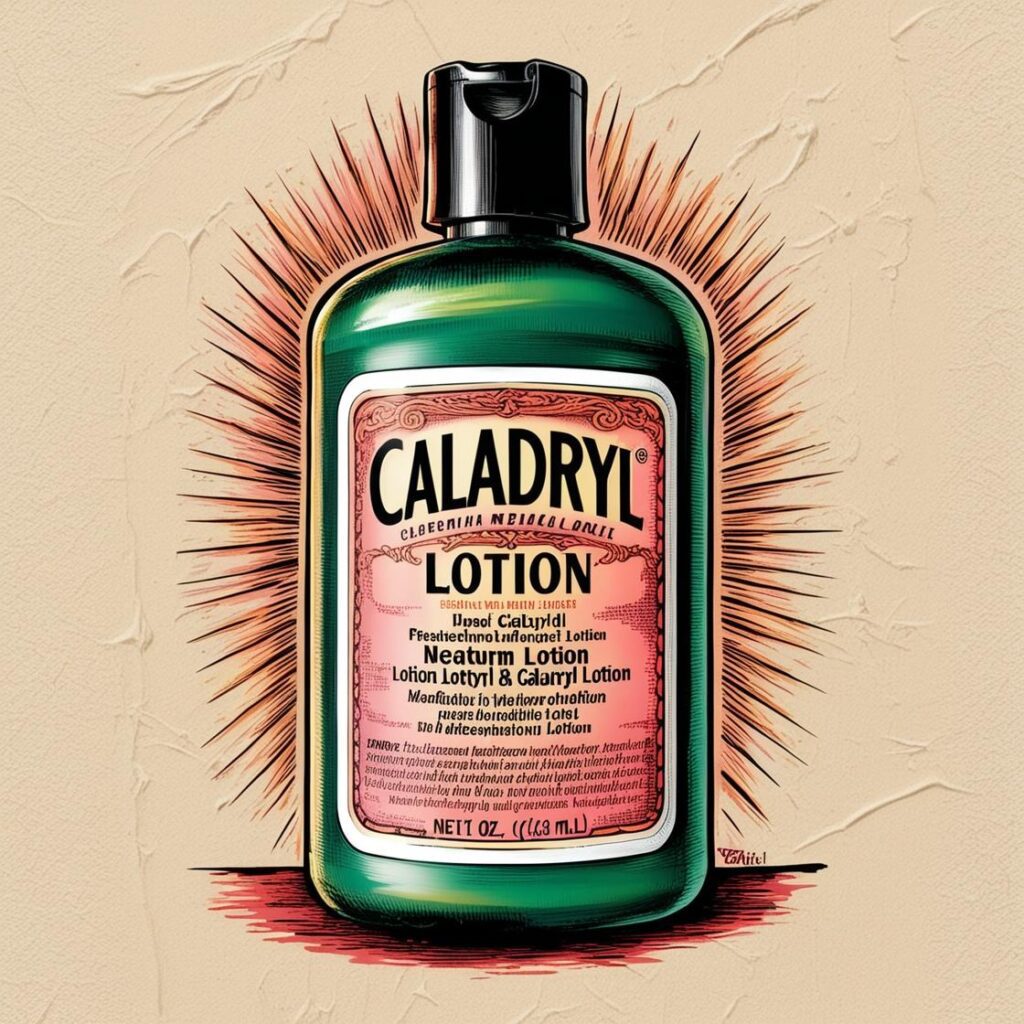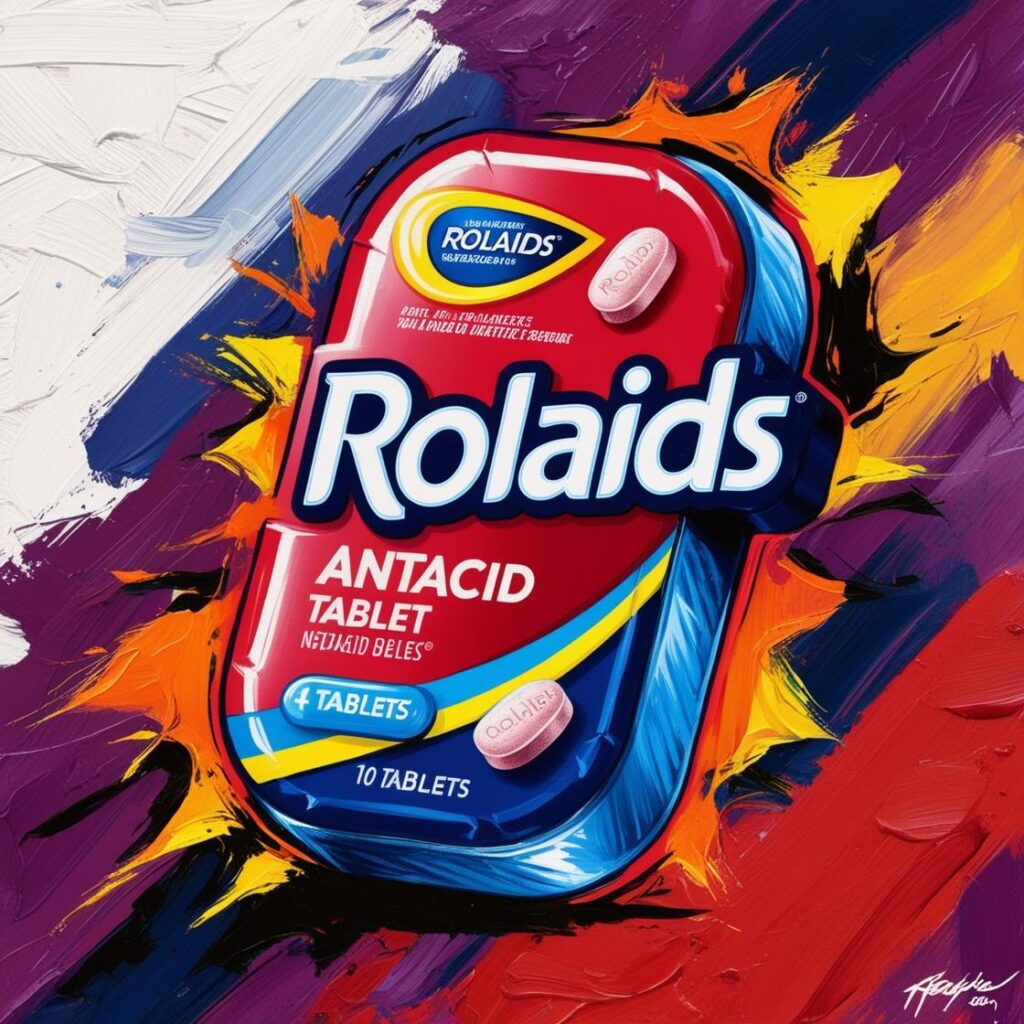Can You Use Expired Eye Drops for Pink Eye? Here’s What Experts Say
Pink eye (conjunctivitis) is a common, irritating eye condition that requires treatment and must be done safely and quickly. If you’ve ever searched through your medicine cabinet for relief and dug up an old bottle of eye drops, you may wonder: Can I use expired eye drops for pink eye? The very short answer: It’s not worth the risk. Expired eye drops lose potency, so they may not be effective at combating infections or reducing inflammation. To make matters worse, chemical breakdowns or bacterial contamination in outdated solutions could exacerbate symptoms or cause new infections.
Viruses, bacteria, or allergens can cause pink eye, and using out-of-date medications may delay proper treatment, cause discomfort, or spread the infection. Expiration dates, experts note, are there for a reason—not using old drops and getting the proper remedy for your case through a health care professional guarantees that.
Let’s begin with why expired eye drops are a gamble, explore safer alternatives for pink eye relief, and share tips to keep eye care products effective. Don’t let an old bottle compromise your vision—learn to prioritize eye health safely.
What Do Expiration Dates on Eye Drops Mean?
Can expired eye drops treat pink eye safely? Expiration dates on eye drops aren’t random — manufacturers determine them to ensure potency and sterility. These two types of dates also indicate how long the active ingredients (such as antibiotics or antihistamines) are available to combat the given condition and how long the solution is free of contamination. After their expiration, the chemical makeup of eye drops can break down, making ingredients less effective or even harmful. For example, preservatives that inhibit bacterial growth can degrade, making the bottle a rich environment for microbes to multiply.
People who use expired eye drops for pink eye, which is often caused by bacteria or viruses, face serious risks. Weaker medications will not fight off infections, which can ultimately prolong symptoms or allow them to worsen. Contaminated drops might introduce new bacteria to an irritated eye, raising the risk of severe inflammation or corneal damage. This is why experts agree you shouldn’t use expired products to treat pink eye.
Can expired eye drops safely treat pink eye? The answer is no. When sterility and efficacy are compromised, eye drops become unreliable and dangerous. Always look for expiration dates before use, and see a doctor for new, targeted treatments. Keeping your eye health care in mind begins with awareness of these dates: don’t risk your vision.
Risks of Using Expired Eye Drops for Pink Eye
Why do expired drops may worsen pink eye? The risks of using expired eye drops for pink eye are far more serious than many realize. Although making a makeshift batch with one you already have may feel innocent, expired drops can backfire and worsen things by intensifying symptoms or sparking new complications. Here’s why:
Loss of Antibacterial Properties
If your eye drops are medicated (e.g., antibiotic or steroid formulas), their active ingredients lose potency over time. Expired antibacterial drops can’t effectively kill the bacteria responsible for pink eye, allowing the infection to linger or spread. This delays healing and increases the risk of complications like corneal ulcers.
Risk of Contamination
Eye drops contain preservatives to fight bacterial growth, but these break down after expiration. Once the solution is compromised, harmful microbes such as Pseudomonas aeruginosa—a bacterium associated with serious eye infections—grow. More contaminated drops on an irritated eye may develop secondary infections requiring aggressive treatment.
Irritation From Degraded Preservatives
Even non-medicated drops (like artificial tears) can become unsafe. Over time, preservatives break down into irritating byproducts. Applying these to sensitive, infected eyes may cause stinging, redness, or blurred vision, intensifying discomfort.
What Do Medical Experts Say?
The FDA and ophthalmologists universally warn against using expired eye medications. Expired drops fail to meet safety standards and bypass the sterile guarantees required for ocular use. For pink eye, which can be viral, bacterial or allergic, misusing expired products puts you at risk for misdiagnosis and improper care.
The risks of using expired eye drops for pink eye are pretty straightforward: old medications are ineffective and, at worst, potentially unsafe. Always discard expired drops and see a doctor for a new prescription or approved remedy.
Alternatives to Expired Eye Drops for Pink Eye Treatment
If you’re looking for alternatives to expired eye drops for pink eye, don’t worry: there are safe, effective alternatives that will help ease discomfort without endangering your eye health. Here’s how to treat symptoms safely.
Safe Options for Pink Eye Relief
Preservative-Free Artificial Tears (Unexpired)
Preservative-free lubricating drops can relieve irritation from viral or allergic pink eye. The differences between expired drops and them are that they stay germ-free and minimise dryness without putting any particles inside. Inclusion does not mean endorsement. Always use by the expiration date.
Cold Compresses & Hygiene Practices
Try a clean, cold compress to help reduce swelling and loosen crusting. Couple that with extreme hygiene: wash your hands constantly, don’t touch your eyes and have separate towels to avoid spreading the infection.
OTC Pink Eye Treatments
In the case of allergy-related pink eye, antihistamine drops (such as ketotifen) can relieve itching and redness. But do not self-treat bacterial cases with over-the-counter products — these need prescription antibiotics.
When to See a Doctor
That stubborn redness, pain, or yellow/green discharge is bacterial pink eye, which requires prescription antibiotic drops or steroids. Delays in treatment can lead to complications such as corneal damage.
In general, the potential risks of using outdated eye drops for pink eye are not worth it, making them a bad option. Instead, use unexpired artificial tears, good hygiene or doctor-approved treatments. Consult with a healthcare provider within 2–3 days if symptoms persist to minimize misdiagnosis and for proper recovery. Your eyes deserve better than expired shortcuts, which are never safe and are ineffective.
Key Takeaways: Protect Your Eyes—Skip Expired Drops
Using expired eye drops is a risky game in treating pink eye. Over time, active ingredients become less effective, allowing bacterial infections to go untreated, while disintegrated preservatives increase the risk of contamination. Using them can worsen symptoms and lead to secondary infections or even damage sensitive tissues in the eye. That’s why the F.D.A. and medical experts virtually always advise against using expired medications — there’s no way they can guarantee safety or efficacy.
If you believe you have pink eye, seek medical attention rather than relying on old drops. Doctors can determine the cause (viral, bacterial, or allergic) and prescribe appropriate treatments, including antibiotics, antihistamines, or steroids. Use unexpired preservative-free artificial tears or warm compresses for mild relief—but don’t scrimp on expired solutions.
Your vision is irreplaceable. Aside from focusing on safe, approved care — getting rid of those expired drops, for example, and practising rigorous hygiene and professional help the instant you spot severe symptoms — there are other ways the myths might be harmful, Dr. Shapiro said. Don’t risk your eye health—pre-emptively make an appointment if pink eye hits. Your peepers deserve better than an expired shortcut.
Frequently Asked Questions Regarding Pink Eye
How long after expiration are eye drops safe?
The FDA states that eye drops are not safe past their expiration date. Manufacturers determine expiration dates through stability testing. Once expired, preservatives degrade, raising contamination risks. Even unopened bottles lose their sterility over time. Never risk using expired drops; discard them promptly.
Can expired antibiotic drops treat pink eye?
No. Expired antibiotic eye drops lose their potency as the active ingredients break down, making them ineffective against bacterial pink eye. Even worse, degraded solutions can breed harmful germs, exacerbating infections. Proper treatment should involve fresh antibiotic prescriptions.
Can I use expired eye drops in an emergency?
Never. Expired eye drops lack guaranteed sterility and potency. Contaminated solutions can cause severe infections, while degraded preservatives may irritate the eyes. Use preservative-free artificial tears (unexpired) or warm compresses in emergencies.
Do unopened expired eye drops expire?
Yes. Even unopened, the chemical composition changes over time. Expiration dates apply regardless of packaging.
What happens if I accidentally use expired eye drops?
Watch for redness, pain, or vision changes—these alert you to contamination or irritation. Wash your eyes with saline and seek medical assistance immediately.
Are non-medicated expired eye drops safe?
No. Even lubricants degrade, risking irritation or bacterial exposure. Always check dates.


